Ability to listen, understand and respond quickly
The first and most important skill is listening and quick reflexes. Unlike translation, which has time to look up, interpretation has to translate immediately, sometimes just a few seconds after the speaker finishes speaking. You need to listen carefully, grasp the main idea and convey it coherently in the most natural way possible. This requires you to practice regularly to make your ears "sensitive", your mind "clear" and your mouth "fluent". It may be a bit awkward at first, but the more you practice, the faster your reflexes will be and then you will truly master the role of interpretation.
Practical vocabulary and flexibility in expression
When applying for a Japanese interpreter position , don’t just say “I’m good at Japanese,” but show the employer that you have a practical vocabulary and can express yourself flexibly in each situation. For example, you can talk about interpreting in a factory where workers use a lot of everyday words or helping interpret for Japanese managers in formal meetings. Knowing what is appropriate for each audience and context will reassure the employer that you not only know the language, but also know how to use it in a subtle and effective way.
Understanding Japanese culture and Vietnamese culture
In addition to demonstrating your language skills, you should also show the employer that you understand both Japanese and Vietnamese culture. This is important because interpreting is not just about translating words correctly, but also about understanding how Japanese people think, how they communicate, and at the same time knowing how to convey it in a way that Vietnamese people find easy to understand and appropriate.
You can share specific experiences, such as assisting in a meeting between two parties with very different working styles and how you “translated the culture” to avoid misunderstandings. Small details like these will help the employer see that you are a sophisticated, experienced person who is perfectly suited to the “bridging” role that this job requires.
Communicate confidently, stay calm in all situations
A professional interpreter needs to maintain a calm, polite and confident demeanor even in important meetings or when unexpected situations arise. You can share a time when you encountered a difficult situation, for example, the speaker spoke too quickly, or the two sides began to misunderstand each other but you still calmly handled the situation and clarified the problem gently. That calmness and professionalism will help you score strong points in the eyes of the employer, because an interpreter must not only translate well but also know how to "keep the rhythm" of communication between the two sides.
Professionalism and information security
In addition to the above qualities, you should also clearly show the employer that you understand and value professionalism and information confidentiality. Because during the course of your work, you will be exposed to many internal documents, sensitive information or important meetings. Keeping the content confidential and not sharing it with third parties is a basic principle that a professional interpreter must adhere to. You can emphasize that you are always careful in handling documents, exchanging information and are committed to working seriously and responsibly. Trust is a factor that makes the employer feel secure when assigning you the role of "information transmitter" between the two sides.
Progressive attitude and willingness to learn
No one starts out fluent or understands all the technical jargon. It’s important to show the employer that you’re proactive, open to feedback, and willing to learn more to do your job better. You can share that each time you interpret is an opportunity to learn new words, gain a deeper understanding of Japanese business culture, or improve your problem-solving skills. Showing a positive, eager-to-learn attitude shows that you’re not only doing well now, but also have the potential to grow within the company long-term.
Japanese interpretation is an interesting, challenging and valuable job. When looking for a job, prepare not only degrees or certificates but also skills and professional attitude to make a better impression on the employer. Hope you soon find a satisfactory job./.
AT
Source: https://baolongan.vn/6-ky-nang-giup-tao-an-tuong-khi-ung-tuyen-phien-dich-tieng-nhat-a197360.html








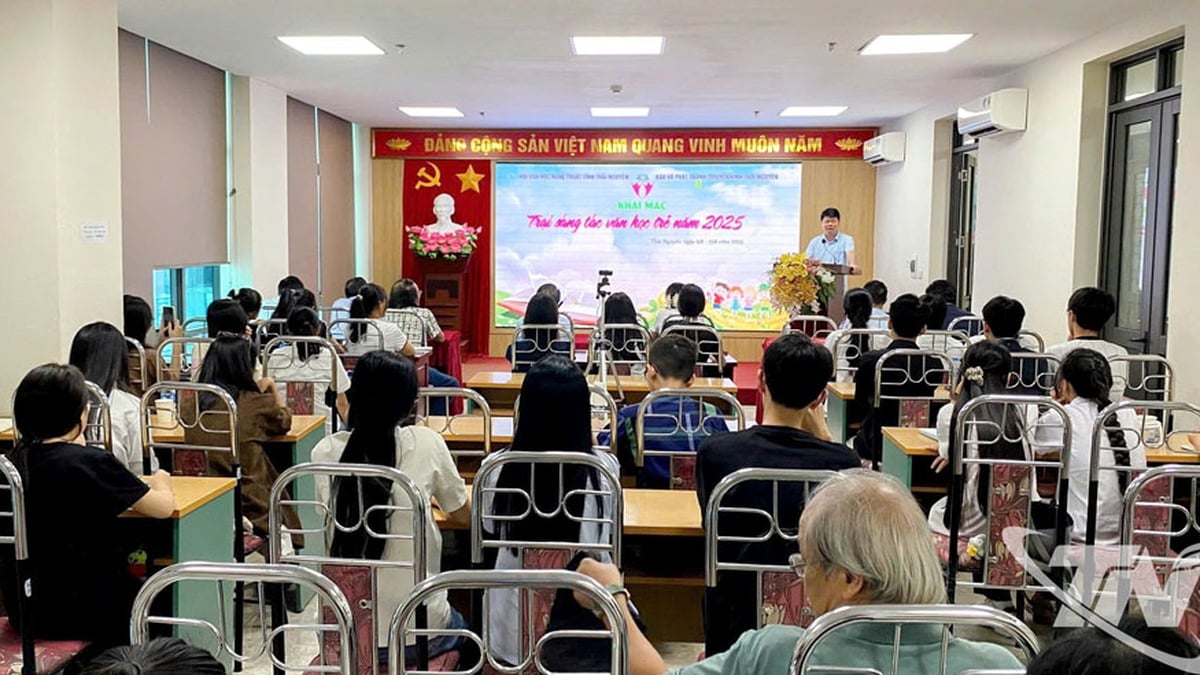



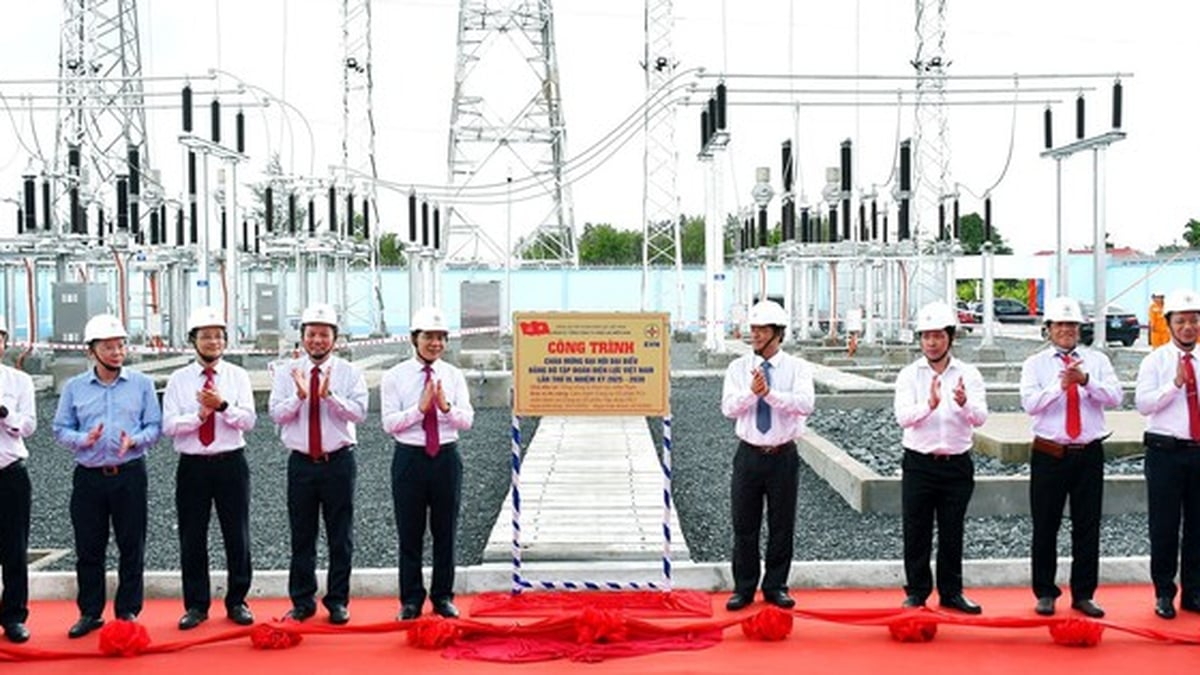
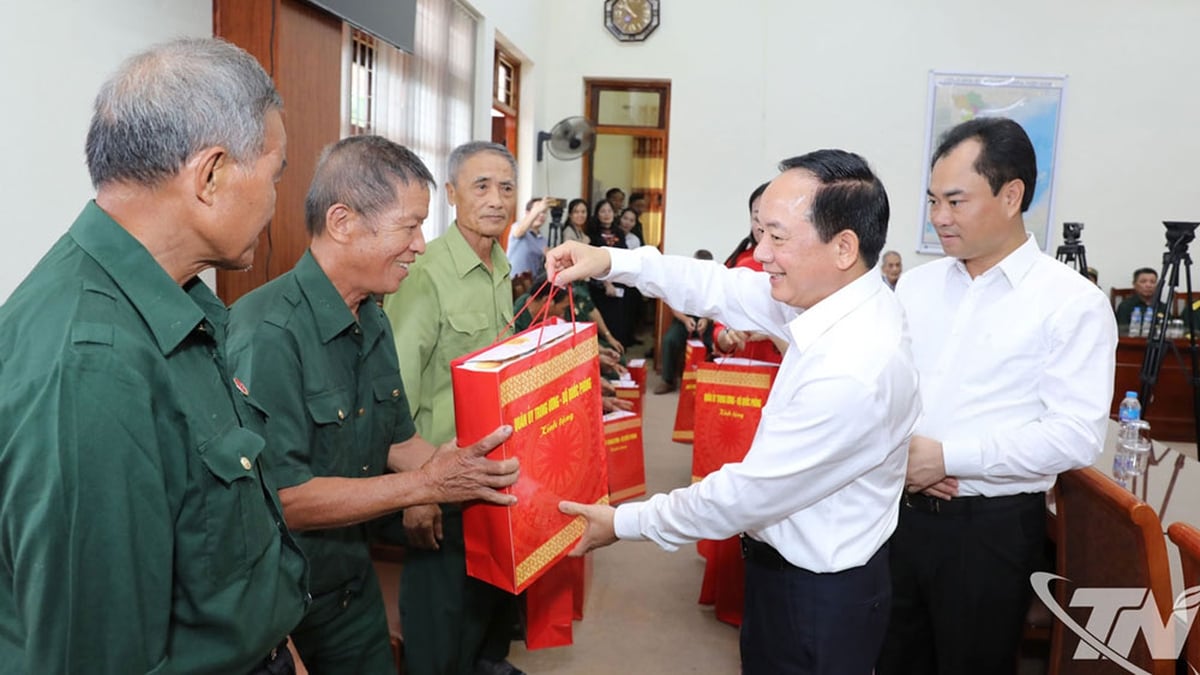
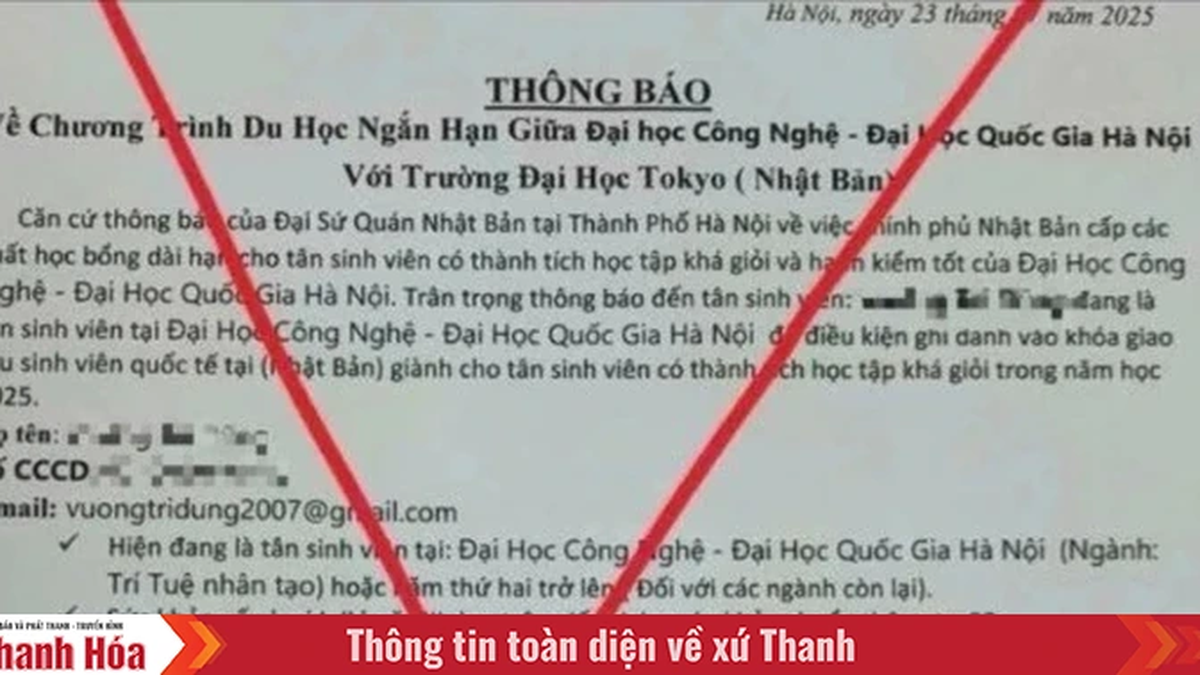












![[Photo] Discover the "wonder" under the sea of Gia Lai](https://vphoto.vietnam.vn/thumb/1200x675/vietnam/resource/IMAGE/2025/8/6/befd4a58bb1245419e86ebe353525f97)


![[Photo] Nghe An: Provincial Road 543D seriously eroded due to floods](https://vphoto.vietnam.vn/thumb/1200x675/vietnam/resource/IMAGE/2025/8/5/5759d3837c26428799f6d929fa274493)




























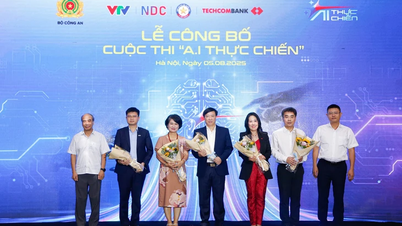










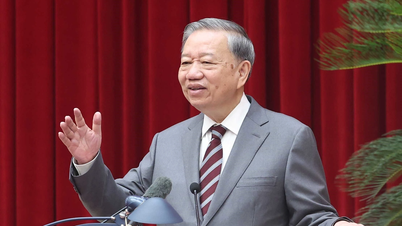







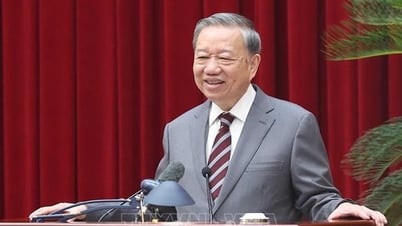




















Comment (0)